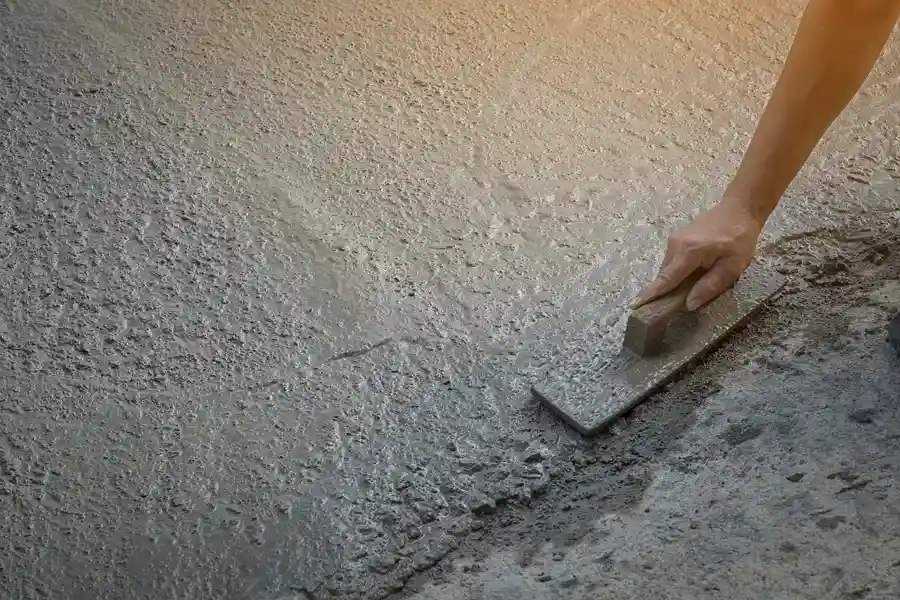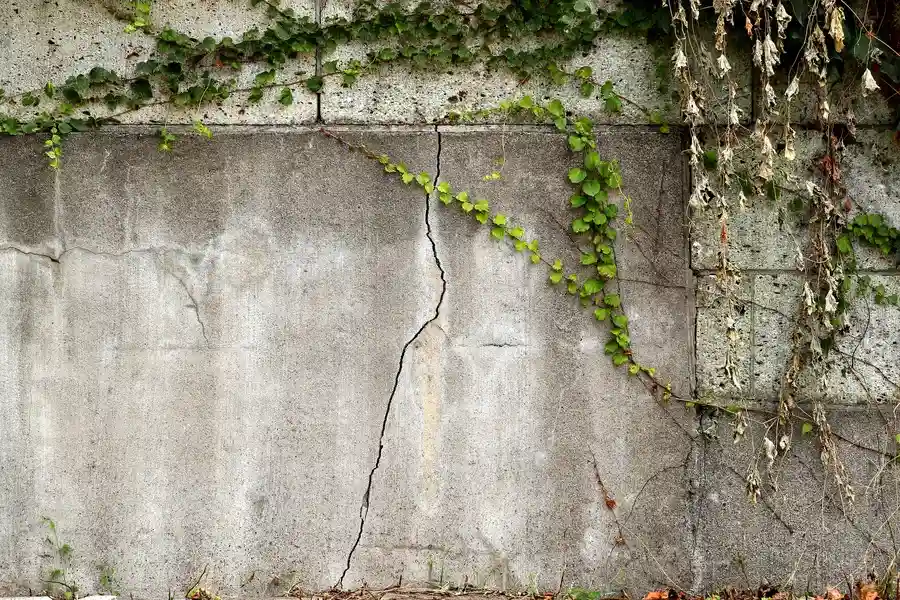Reasons Behind Cracking and How to Prevent Them
Concrete is a staple in construction due to its strength and durability. However, it is not immune to cracking, which can compromise structural integrity. It’s essential to understand why cracks form in concrete structures to effectively address them and maintain safety. This knowledge helps you identify potential issues early on and apply suitable measures to prevent or minimize damage.

Common Causes of Cracks
Cracks in concrete can occur for several reasons. One frequent cause is drying shrinkage, where concrete loses moisture over time, leading to contraction. Temperature changes can also result in cracks as they expand and contract the concrete. Additionally, poor quality materials or improper mixing ratios might weaken the structure, causing it to crack under stress. Understanding these causes aids in implementing effective solutions.
The Role of Poor Workmanship
Poor workmanship significantly contributes to concrete cracks. If workers do not follow proper procedures during mixing, pouring, or curing, it could lead to weak spots. For example, inadequate vibration of the concrete mix can create air pockets that reduce the slab’s overall strength. To prevent issues like this, ensure that all workers are trained and adhere to industry standards. Effective concrete repair practices often address these problems by focusing on improving workmanship.

Environmental Factors Impacting Concrete
The environment plays a crucial role in how concrete performs over time. Exposure to harsh weather conditions such as extreme heat or frost can exacerbate cracking. Rainwater seepage poses another threat if drainage systems are inadequate. Proper design and material selection tailored to the local climate can mitigate these risks significantly. Professionals recommend using sealants and other protective measures to shield against environmental damage.
The Importance of Load Bearing
The load-bearing capacity of concrete is pivotal for preventing cracks. When a structure carries more weight than intended, it may lead to cracking due to stress overloads. Proper design calculations ensure a balance between load demands and material capabilities. Regular inspections help detect signs of overloading early on, allowing concrete repair strategies to be implemented before significant damage occurs.
Preventive Measures Against Cracking
- Select high-quality materials with known performance histories
- Ensure proper water-cement ratio during mixing
- Use expansion joints to absorb thermal movements
- Implement regular maintenance checks for early detection of issues
- Apply surface treatments for additional protection against environmental factors
Considerations for Long-Term Maintenance
Regular maintenance extends the lifespan of concrete structures by addressing minor issues before they escalate. Some actions include sealing surfaces, monitoring drainage systems, and ensuring no excessive loads stress the structure. These routine checks are cost-effective compared to extensive repairs needed after prolonged neglect. Incorporating maintenance into your planning ensures longevity and optimal performance.
Getting Professional Help With Structural Integrity
If you’re facing persistent issues with cracked concrete, professional intervention might be necessary. Experts use advanced diagnostic tools to assess structural health accurately and recommend tailored solutions. They ensure compliance with regulations while providing peace of mind regarding safety and stability. By collaborating with professionals, you enhance the durability of your structures efficiently.
Ensuring Concrete Durability for Your Projects
For those managing projects, understanding the causes of cracks in concrete structures allows you to make informed decisions about design and material selection. We encourage reaching out for expert guidance to safeguard against common pitfalls. Our team at TR-Brothers Concrete LLC is ready to assist with any questions or concerns. Based in Lincoln, DE, we pride ourselves on delivering quality service every step of the way. Contact us at (302) 775-1939 to discuss how we can support your construction needs.
